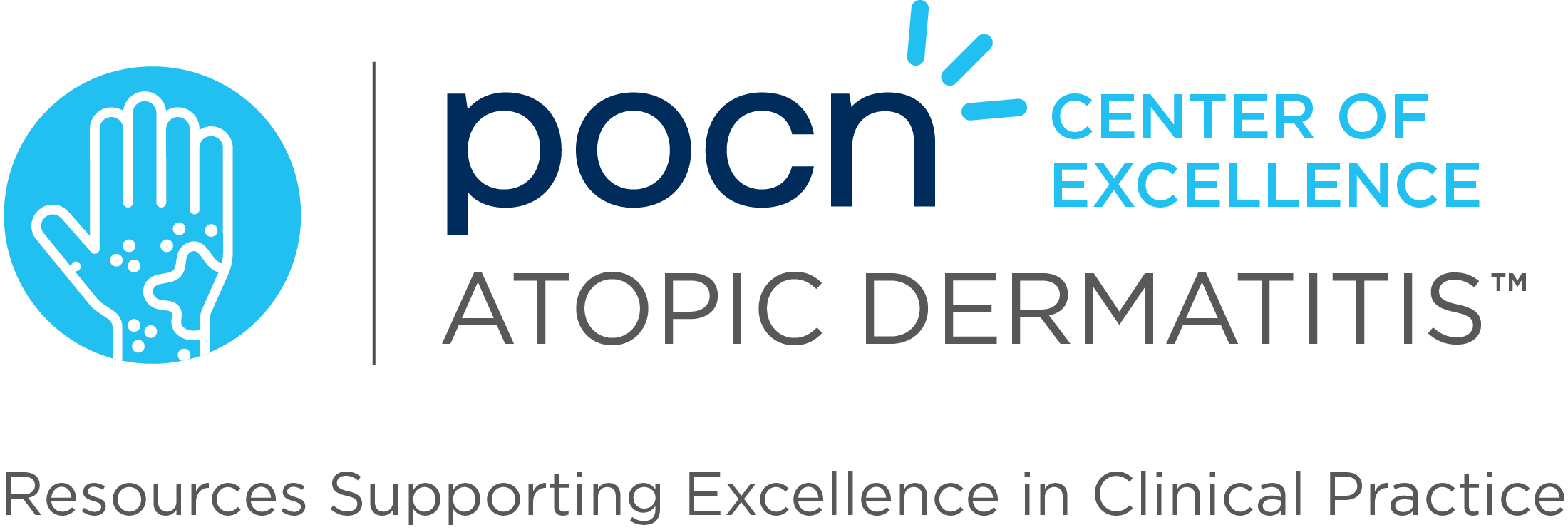A study found that dupilumab treatment significantly reduces the risk of atopic march progression in pediatric and adolescent patients with atopic dermatitis (AD). Dupilumab, a monoclonal antibody targeting the interleukin-4 receptor alpha, addresses allergic inflammation and reverses epidermal abnormalities linked to atopic march risk. In a retrospective cohort study, researchers compared pediatric patients newly treated with dupilumab to those receiving conventional therapies. The 3-year cumulative incidence of atopic march progression was notably lower in the dupilumab group (20.09%) compared to the conventional therapy group (27.22%). The study also revealed that dupilumab reduced the risk of developing asthma and allergic rhinitis, particularly in preschool-aged children.
The findings showed that dupilumab treatment led to significantly lower risks for atopic march progression across different age groups, with the most pronounced effects seen in preschoolers. While the risk for allergic rhinitis was consistently reduced across age groups, the reduction in asthma risk was more significant in preschool-aged children. The study concluded that dupilumab presents a promising alternative to conventional therapies for reducing atopic march progression in pediatric patients with AD.
Reference: Grasso G. Dupilumab associated with reduced risk for atopic march progression. Healio. Published July 08, 2024. Accessed August 19, 2024. https://www.healio.com/news/dermatology/20240708/dupilumab-associated-with-reduced-risk-for-atopic-march-progression?utm_source=selligent&utm_medium=email&utm_campaign=news


